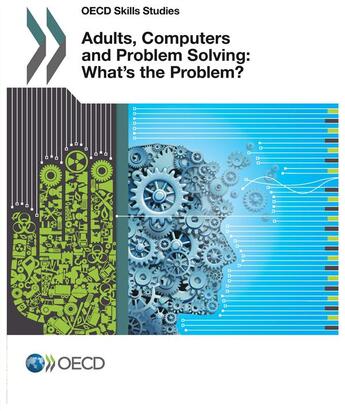-
Date de parution : 17/10/2015
-
Editeur :
Ocde
-
EAN : 9789264236837
-
Série :
(-)
-
Support :
Papier
Résumé:
The report provides an in-depth analysis of the results from the Survey of Adult Skills related to problem solving in technology-rich environments, along with measures concerning the use of ICT and problem solving. The Nordic countries and the Netherlands have the largest proportions of adults... Voir plus
The report provides an in-depth analysis of the results from the Survey of Adult Skills related to problem solving in technology-rich environments, along with measures concerning the use of ICT and problem solving. The Nordic countries and the Netherlands have the largest proportions of adults (around 40%) who score at the higher levels in problem solving, while Ireland, Poland and the Slovak Republic have the smallest proportions of adults (around 20%) who score at those levels. Variations in countries' proficiency in problem solving using ICT are found to reflect differences in access to the Internet and in the frequency with which adults use e-mail. The report finds that problem-solving proficiency is strongly associated with both age and general cognitive proficiency, even after taking other relevant factors into account. Proficiency in problem solving using ICT is related to greater participation in the labour force, lower unemployment, and higher wages. By contrast, a lack of computer experience has a substantial negative impact on labour market outcomes, even after controlling for other factors. The discussion considers policies that promote ICT access and use, opportunities for developing problem-solving skills in formal education and through lifelong learning, and the importance of problem-solving proficiency in the context of e-government services.
Donner votre avis















